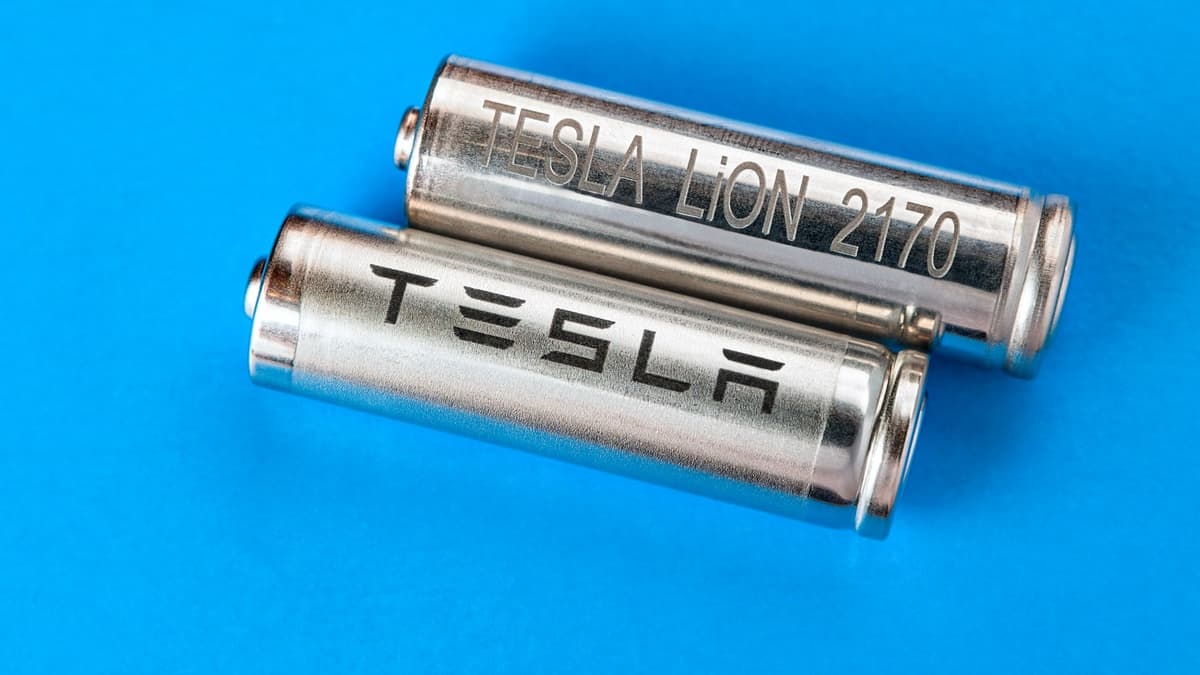South Korean battery giants, including LG Energy Solution (LGES) and Samsung SDI, are racing to mass produce Tesla’s groundbreaking 4680 battery cell design for electric vehicles.
LGES outpaces Samsung SDI in 4680 cells production timeline
LGES and Samsung SDI are reportedly on track to mass produce Tesla’s cutting-edge 4680 battery cell design, according to Teslarati. However, LGES is ahead of schedule than its rival.
LGES plans to start the 4680 cells’ initial production in its Ochang factory in the North Chungcheong Province as early this month.
Then, the long-time Tesla supplier will gradually enter mass production by the end of 2024.
As expected, the first batch of the 4680 cell production units will apparently go to the Musk-led company.
Samsung SDI to kick off 4680 battery cells mass production by early 2025
.
Samsung SDI plans to begin large-scale production of the 46-series cylindrical battery tech by early next year, indicating a more than a year acceleration from its original plan. Despite the adjustment, it remains behind LGES’ timeline.
Nonetheless, the South Korean battery maker has already established a manufacturing line for the 4680 battery cells in its Cheonan factory in South Chungcheong Province. As per the report, the production line is already cranking out model prototypes to key clients such as General Motors.
Samsung SDI’s Strategic Marketing Vice President also proudly declared that the company is now negotiating with major automakers for potential applications of the 4680 battery cells.
“The development and preparation for mass production of our 46-series battery are on track. We’ve already secured initial projects for micromobility applications, such as electric bikes, and we’re set to start mass production early next year.
We are also in active discussions with major OEMs (original equipment manufacturers) and expect tangible outcomes soon, banking on our advanced technologies in energy density and fast charging.”
Cho Han-je, Vice President of Strategic Marketing at Samsung SDI
Tesla aims to cut costs and improve range
Tesla previously claimed that these innovative battery cells can deliver higher energy density, power capacity, and charging speed, enhancing an electric vehicle’s performance and driving range. Even more, it can also substantially cut production costs by a whopping 56% per kWh.
As of now, the 4680 battery cells power Tesla’s key offerings, including the Model Y crossover and the Cybertruck pickup.

